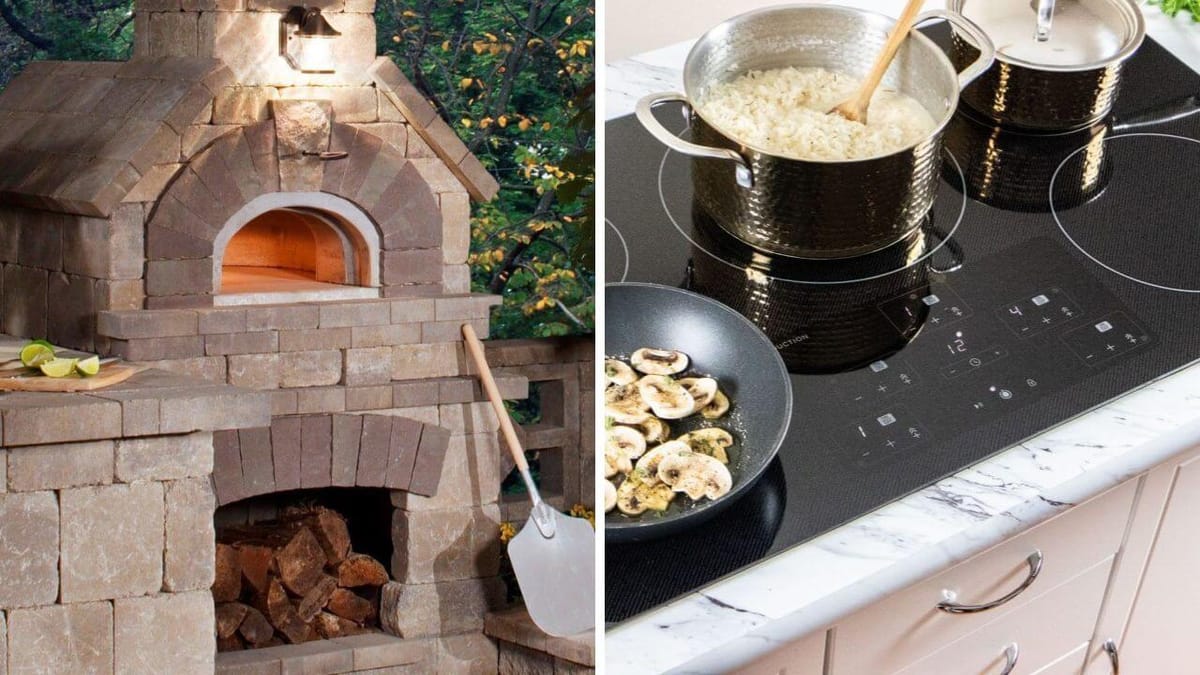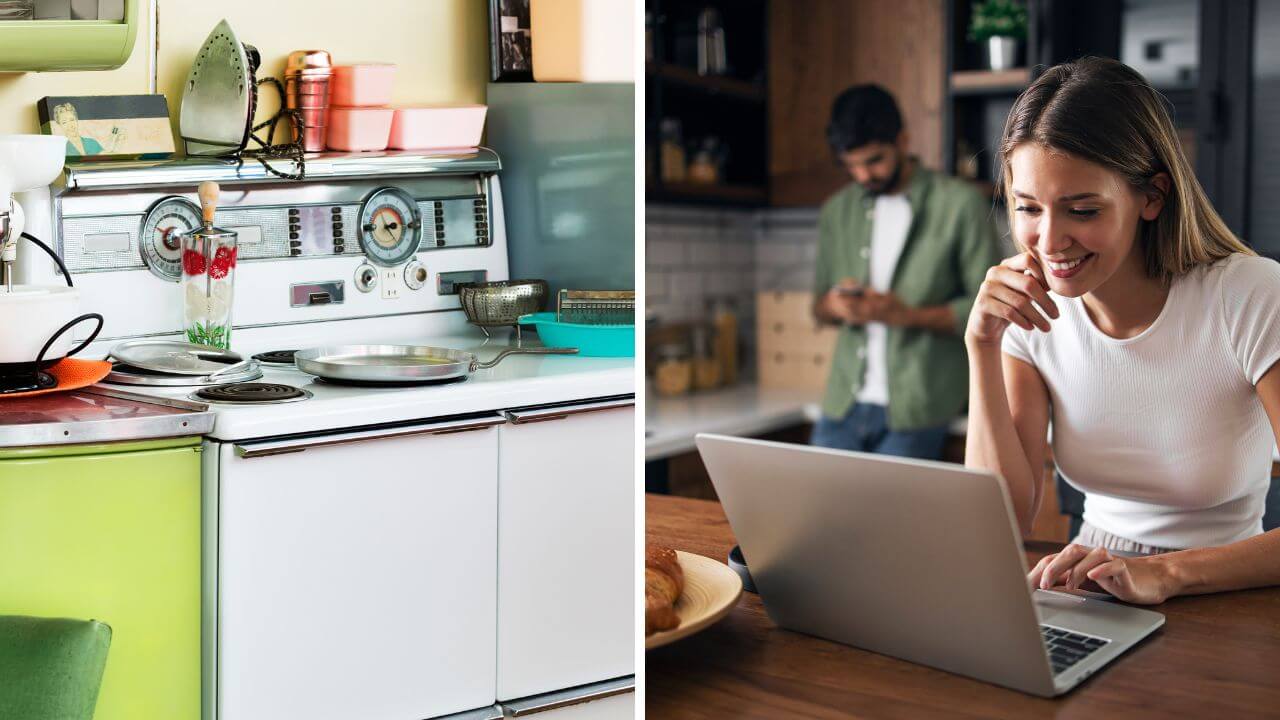The Smart Kitchen Revolution: How Technology is Redefining Cooking Spaces
Discover the future of cooking with smart kitchens! Explore how cutting-edge technology is transforming culinary spaces into innovative hubs.
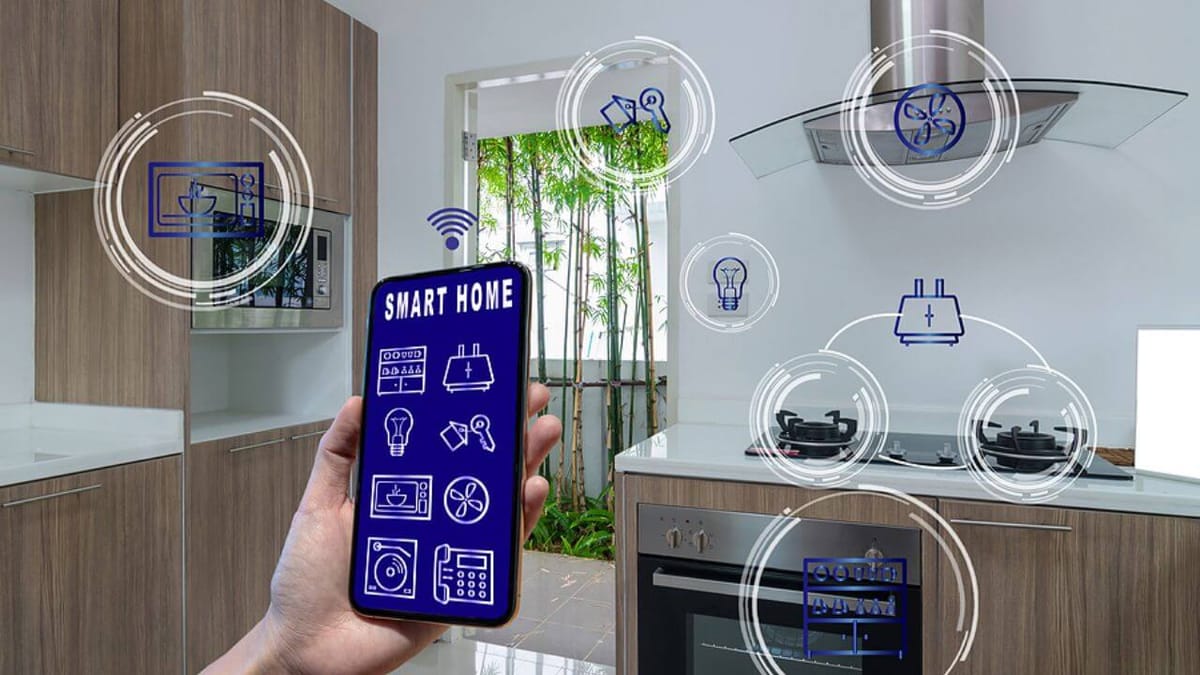
Key Takeaways:
- Smart kitchens are transforming traditional cooking spaces into efficient, connected hubs.
- Integration of IoT devices and AI is enhancing convenience and safety in the kitchen.
- Smart appliances are not just a luxury but a practical solution for modern living.
Introduction to Smart Kitchens
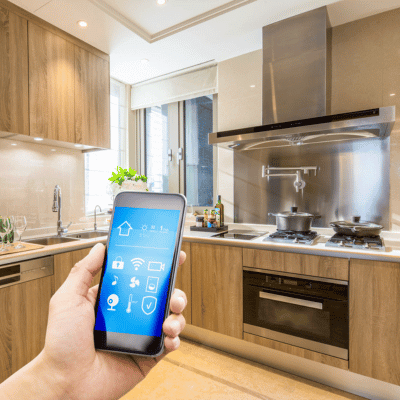
The kitchen has always been the heart of the home, but with the advent of smart technology, it’s undergoing a significant transformation. Imagine a kitchen where your refrigerator can suggest recipes based on its contents, or your oven can be preheated from your smartphone. This is not a scene from a sci-fi movie but a reality in many modern homes. Smart kitchens are revolutionizing how we cook, eat, and interact with our culinary spaces.
Smart kitchens leverage the power of the Internet of Things (IoT) and artificial intelligence (AI) to create a seamless, connected environment. These technologies are not just about adding convenience; they are about making our lives easier and more efficient. From smart refrigerators to voice-activated assistants, the possibilities are endless. Let’s dive into how these innovations are reshaping our kitchens.
The Rise of Smart Appliances
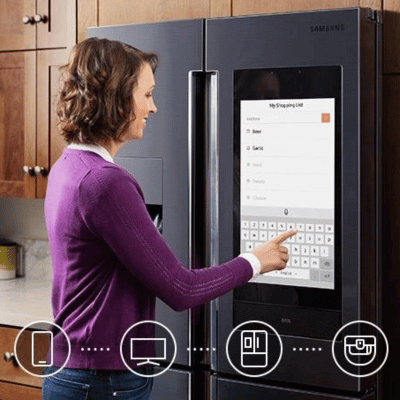
Smart appliances are at the forefront of the smart kitchen revolution. These devices are designed to make cooking and kitchen management more efficient and enjoyable. For instance, smart refrigerators can keep track of your groceries and notify you when you’re running low on essentials. They can even suggest recipes based on the ingredients you have on hand, reducing food waste and making meal planning a breeze.
Another game-changer is the smart oven. These ovens can be controlled remotely via smartphone apps, allowing you to preheat your oven on your way home from work. Some models even come with built-in cameras, so you can monitor your food without opening the door. This not only saves time but also ensures that your meals are cooked to perfection every time.
IoT and AI: The Backbone of Smart Kitchens

The integration of IoT (Internet of Things) and AI (artificial intelligence) is what truly sets smart kitchens apart. IoT devices communicate with each other to create a cohesive and efficient kitchen environment. For example, a smart refrigerator can send a notification to your smartphone when it’s time to buy milk, while your smart oven can adjust cooking times based on the type of food being prepared.
AI takes this a step further by learning your cooking habits and preferences. Over time, your smart kitchen can anticipate your needs and make suggestions tailored to your tastes. This level of personalization not only enhances the cooking experience but also makes it more enjoyable and less stressful.
Voice-Activated Assistants

Voice-activated assistants like Amazon’s Alexa and Google Assistant are becoming indispensable in smart kitchens. These devices can perform a wide range of tasks, from setting timers and playing music to providing step-by-step cooking instructions. With just a simple voice command, you can control multiple smart appliances, making multitasking in the kitchen easier than ever.
Voice assistants can also help with meal planning and grocery shopping. You can ask them to add items to your shopping list or even place an order online. This hands-free convenience is particularly useful when you’re in the middle of cooking and don’t want to touch your phone or computer.
Smart Kitchen Hubs

Smart kitchen hubs serve as the central command center for all your smart appliances. These devices, often equipped with touchscreens, allow you to control and monitor your entire kitchen from one place. You can check the status of your oven, adjust the temperature of your refrigerator, and even watch cooking tutorials, all from a single interface.
These hubs also integrate with other smart home devices, such as lighting and security systems, creating a fully connected home environment. This level of integration not only enhances convenience but also improves the overall functionality of your kitchen.
Energy Efficiency and Sustainability

One of the significant benefits of smart kitchens is their potential for energy efficiency and sustainability. Smart appliances are designed to use energy more efficiently, reducing your overall consumption and lowering your utility bills. For example, smart refrigerators can optimize their cooling cycles based on usage patterns, while smart dishwashers can adjust water usage based on the load size.
In addition to energy savings, smart kitchens can also help reduce food waste. With features like inventory tracking and recipe suggestions, you’re less likely to let food go to waste. This not only saves money but also contributes to a more sustainable lifestyle.
Enhanced Safety Features

Safety is a top priority in any kitchen, and smart technology is making it easier to create a safer cooking environment. Smart appliances come with a range of safety features, such as automatic shut-off and temperature monitoring. For instance, a smart stove can detect when a pot is about to boil over and automatically reduce the heat to prevent accidents.
Smart smoke detectors and carbon monoxide detectors are also essential components of a smart kitchen. These devices can send alerts to your smartphone, allowing you to take immediate action even if you’re not at home. This added layer of security provides peace of mind and helps protect your home and family.
The Future of Smart Kitchens
The future of smart kitchens looks incredibly promising, with continuous advancements in technology. We can expect to see even more integration and automation, making our kitchens smarter and more efficient. For example, future smart kitchens may include robotic chefs that can prepare meals with minimal human intervention, or smart countertops that can charge your devices wirelessly.
As technology continues to evolve, smart kitchens will become more accessible and affordable, making them a standard feature in homes worldwide. This shift will not only enhance our cooking experiences but also transform how we interact with our living spaces.
Real-Life Examples and Case Studies

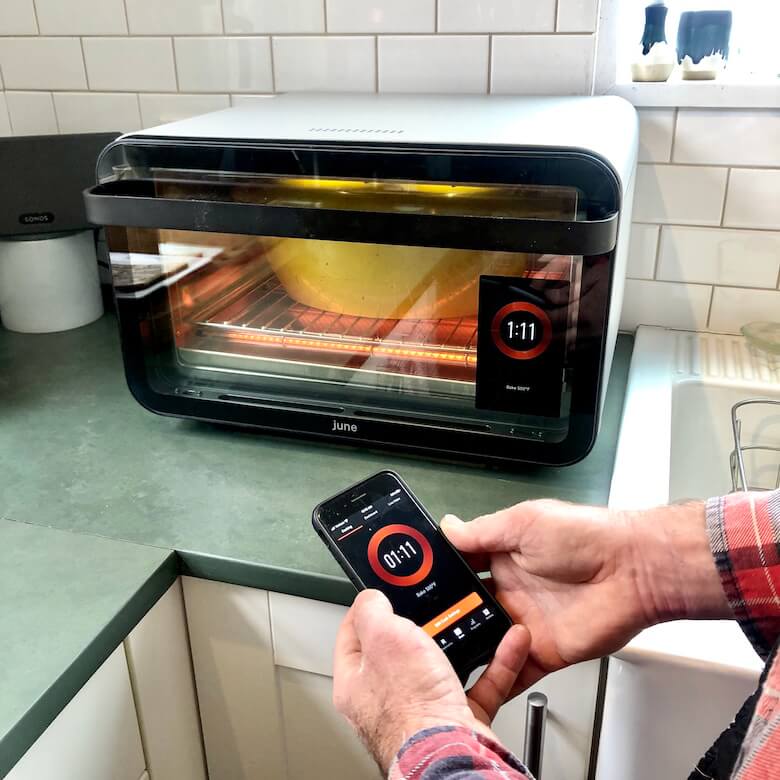
To understand the impact of smart kitchens, let’s look at some real-life examples and case studies. One notable example is the Samsung Family Hub refrigerator, which features a touchscreen interface, internal cameras, and voice recognition. This smart fridge can suggest recipes, create shopping lists, and even stream music or TV shows, making it a central hub in the kitchen.
Another example is the June Oven, a smart countertop oven that uses AI to recognize and cook food automatically. With built-in cameras and sensors, the June Oven can identify over 50 different foods and adjust cooking times and temperatures accordingly. This level of automation takes the guesswork out of cooking and ensures perfect results every time.
Summary
The smart kitchen revolution is transforming traditional cooking spaces into efficient, connected hubs. With the integration of IoT devices and AI, smart kitchens are enhancing convenience, safety, and sustainability. From smart appliances and voice-activated assistants to energy-efficient features and enhanced safety measures, the possibilities are endless. As technology continues to advance, smart kitchens will become more accessible and affordable, making them a standard feature in homes worldwide.
FAQ
What is a smart kitchen?
A smart kitchen is a cooking space equipped with advanced technology, such as IoT devices and AI, to enhance convenience, efficiency, and safety. Smart kitchens often include smart appliances, voice-activated assistants, and centralized control hubs.
How do smart appliances work?
Smart appliances use IoT technology to connect to the internet and communicate with other devices. They can be controlled remotely via smartphone apps and often come with features like inventory tracking, recipe suggestions, and energy-efficient settings.
Are smart kitchens expensive?
While smart kitchens can be an investment, the cost varies depending on the appliances and features you choose. As technology continues to advance, smart kitchen devices are becoming more affordable, making them accessible to a broader range of consumers.
Thanks for reading!
